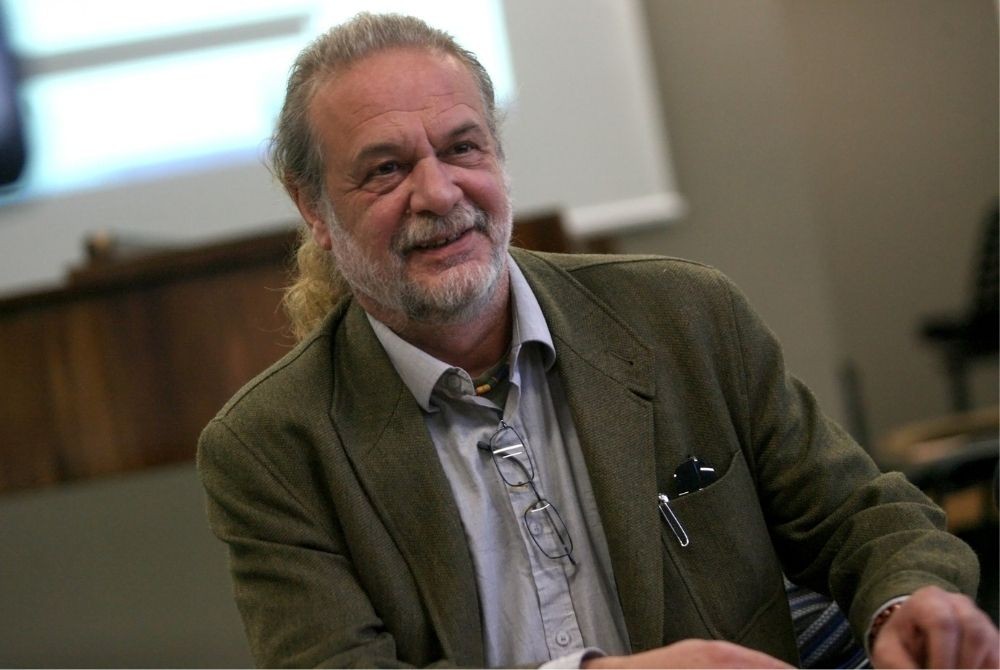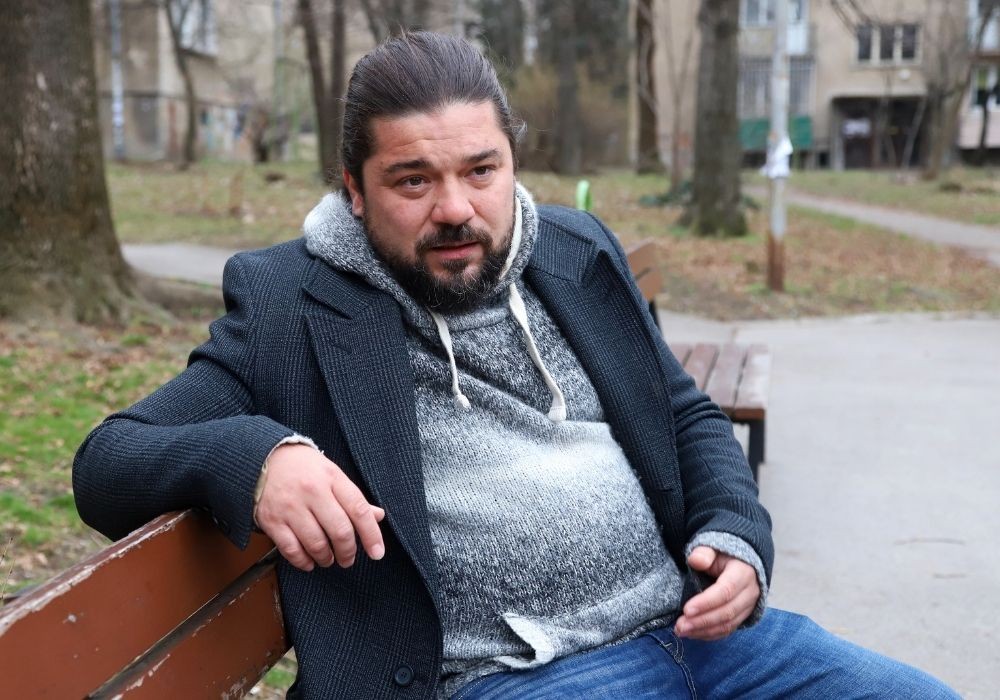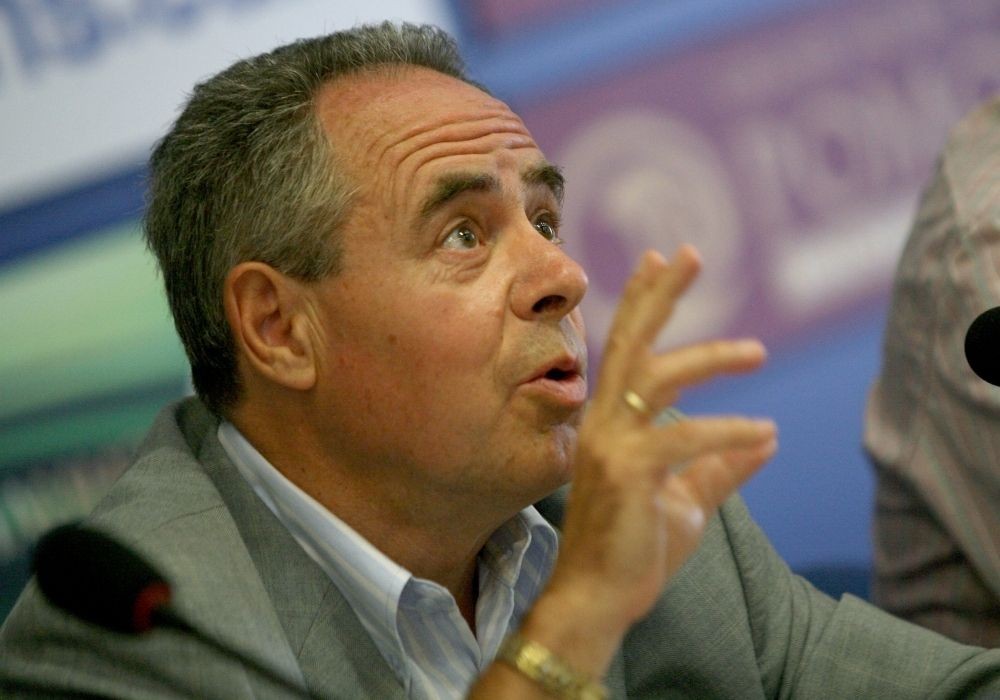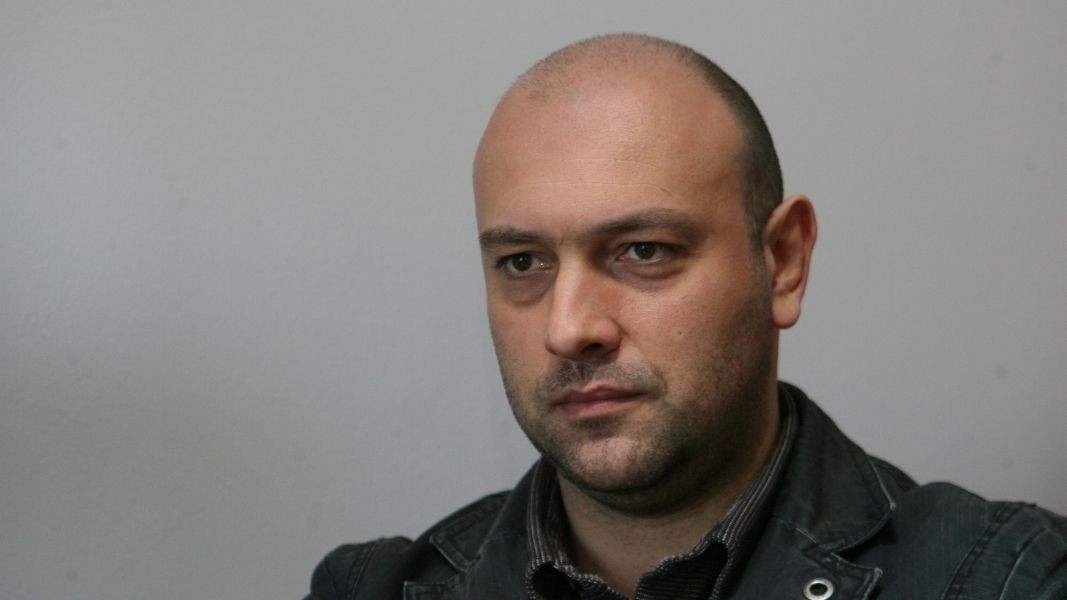Today President Rumen Radev handed a mandate for the formation of a government to the first political force in parliament – the GERB-SDS coalition. Yesterday’s consultations with the Bulgarian head of state made it clear however that despite its election victory, GERB will go into opposition and a GERB-proposed cabinet will not be given support.
The Bulgarian Socialist Party (BSP), the Movement for Rights and Freedoms (MRF), Democratic Bulgaria, Stand Up! Thugs Out! all stated they would give their support to a government formed by the so-called “protest parties”.
“How durable this support is going to be, especially from a party like MRF it is difficult to say,” says political analyst Evgenii Dainov, and describes as “preposterous” the allegations by outgoing PM Boyko Borissov that the MRF and Democratic Bulgaria had acted in “collusion”:

“He threw colour balloons up into the air in an attempt to blur the real picture. Being myself an eyewitness to what happened at Rosenets* I can say that things got very heated up a few times. Democratic Bulgaria is to demand a committee of inquiry regarding Rosenets, and it is roundabout there that the MRF’s mimicry that it is on the side of the good guys is going to come to an end,” Evgenii Dainov says for Horizont channel.
Political analyst Strahil Deliyski says he has the feeling “politicians are playing a game they find interesting but no one else does - it is a sensation that is not going to restore trust in the political process in the country and that is a huge problem.”

And adds that Bulgaria is “in a never-ending final phase of the model in which no one wants to assume responsibility for the start of the new political process.”
What political actions will follow has been commented by numerous analysts. Political analyst Georgi Karasimeonov says that though it is a very “silent” party, There Is such a People (ITN) is going to attempt to form a government for which it is likely to get considerable support.

“Slavi Trifornov (leader of ITN – editorial note) knows full well what people expect of him and the other parties of the protest, and he has advisors who have surely told him that early elections held in the coming months are not going to result in anything very different for his party, they will only deepen the problems in the country,” Georgi Karasimeonov says.
“The best thing for anyone stepping into a place that is new is to be cautious,” comments on his part political analyst Dimitar Avramov.

“People who talk a lot are not always the people who are best qualified. ITN has been following the constitutional procedure, they don’t talk much and judging by the lady they put forward for President of the National Assembly (Iva Miteva) we should be optimistic and wait and see what they have to offer with interest.”
It was immediately clear at the very first sitting of the new parliament that it would be a different parliament, and, understandably, its first sittings were held to enormous public interest. And one more thing – the MPs were able to reach consensus on an issue crucial to the future work of parliament – the choice of new National Assembly president and the need to “place the political virus in the corridors of power under quarantine”.
“To us it is very important that right now that after the concentration and stagnation of power we have a parliament in which different political forces must try to reach accord, if not – there will be new elections. The healthy thing for citizens is to have uncertainty and that the powers-that-be are weak, because during the past 10 years they were strong and crushed everything in their path. That has to change and I can assure you that politicians will become much more accessible, and that will be to our benefit.”
Interviews by BNR’s Horizont channel
Editing by Yoan Kolev
Translated from the Bulgarian by Milena Daynova
Photos: BGNES
*The Rosenets case which riveted public attention in July last year was one of the factors that triggered the widespread anti-government protests which remained a distinctive features of the period leading up to the 4 April elections for parliament.
The Rosenets case: On July 7, three people, one of them Hristo Ivanov, co-chairman of Democratic Bulgaria, tried to land their boat on a strip of beach (beaches are public property in Bulgaria) near the summer mansion of MRF honorary chairman Ahmed Dogan and were promptly stopped by body guards, members of the National Protection Service (NSO) who tried to push them back into the sea. At the time Ahmed Dogan was on the list of persons guarded by the NSO. And it did not stop here
Romanian police and military personnel worked as mercenaries in Congo According to a report by the Romanian Ministry of the Interior, 11 of its employees worked as mercenaries in Congo while on sick leave, Digi24 reported. The Ministry..
Protesting Serbian students to cycle 1,300km to Strasbourg A group of 80 protesting students and other people from four Serbian universities – in Novi Sad, Belgrade, Niš and Kragujevac started cycling from the campus of..
Protests in Turkey continue after Istanbul mayor's arrest Mass protests in Turkey continue after Istanbul mayor Ekrem İmamoğlu was arrested on March 19. Nearly 1,900 people have been detained for participating in the..

+359 2 9336 661
